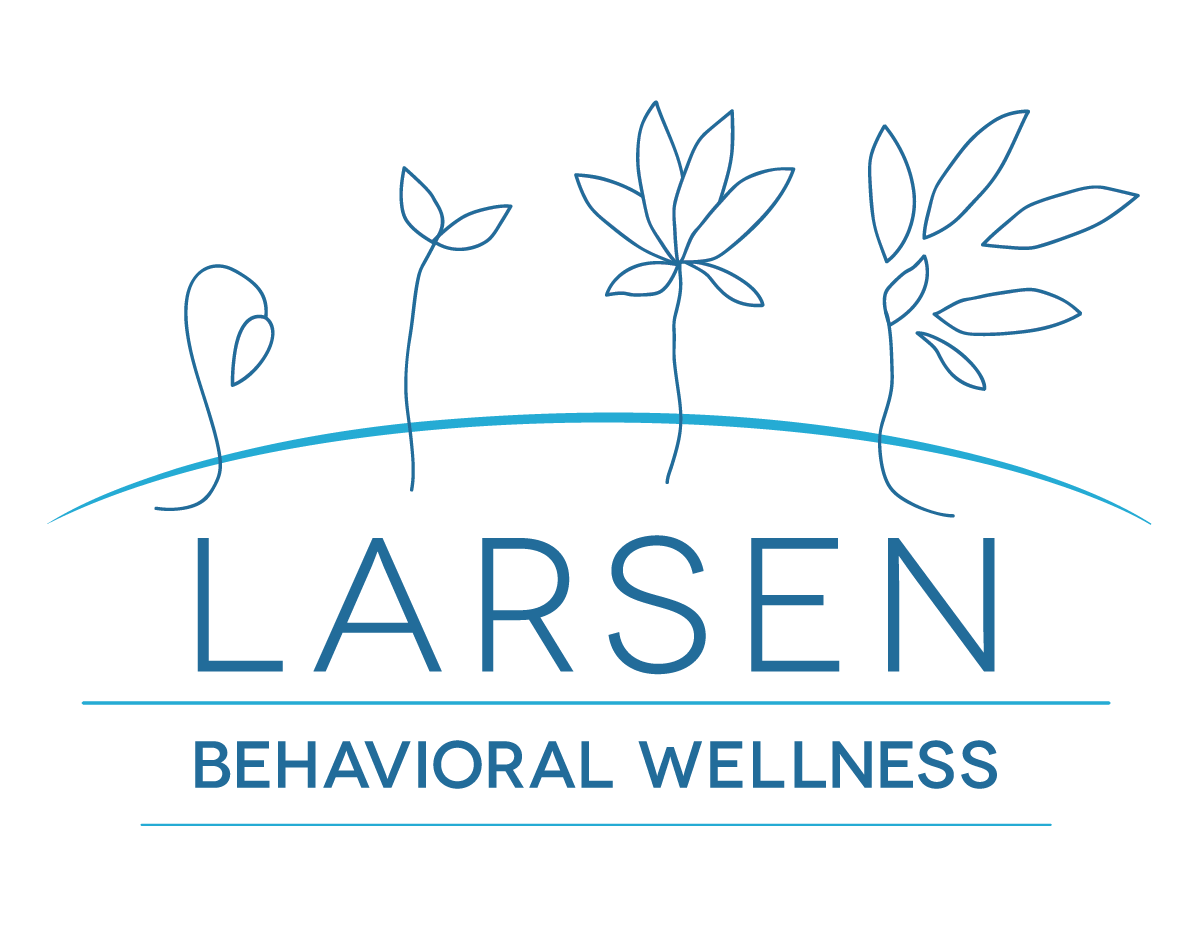I'm Concerned About Medicating My Child—Can We Still Treat Them Without It?
For many parents, the idea of medicating their child for ADHD can be unnerving. This is a perfectly normal and common reaction. There are treatment approaches for ADHD that forego medication.
Although if you pursue these treatment options and decide you’d like to try medication, a child psychiatrist or psychiatric nurse can help you make an informed decision.
But stimulants as a treatment for your child might be unnecessary, especially if your child’s ADHD presents as inattentiveness or inability to focus. Sometimes mindfulness, behavior changes, modifications in diet, and other slight changes can be enough to help manage their symptoms.
Treating Your Child Without Medication
Options for treating your child without medication require an adjustment period. Be patient while you find what works best for you and your child. It can also be helpful to reach out to support groups, your school system, and a therapist for help.
Teachers Can Help
We know how important it is to get involved in our children’s schooling. This can be especially true for parents of children with ADHD. Having a rapport and a connection with the faculty at your child’s school can make a monumental difference.
Many teachers are trained on how to help their students with ADHD. You can come up with rewards systems together that you think might help your child stay focused. Other options include standing desks, fidget toys, or a tutor who can help with keeping track of their workload.
Sleep Habits Matter
Even an extra thirty minutes of sleep can help a child with ADHD. if your child also has a co-existing sleep disorder, this can make ADHD symptoms even more prevalent. The trick to good sleep is practicing good sleep habits.
Consider a wind-down routine for the household. Make sure it excludes screen time and aim for a consistent bedtime, even on weekends. Making sure your child’s room is a comfortable temperature for sleeping and has appropriate dimness and brightness for day and night can also help.
Exercise to Stabilize
Kids need lots of time for play. Children learn better through play, and this is true across all age ranges. Create opportunities for movement throughout your day. Sometimes, children with ADHD can focus and organize their thoughts better if they’re getting consistent exercise.
Organized sports may be a good option. Because they require focus, have team accountability, and lots of things to pay attention to while playing, it can be a great place for your child to channel their energy. If your child’s ADHD makes sports difficult for them, consider calmer activities like hiking or biking. Fresh air and movement are the principal ingredients here.
Music for Stimulation
Music does amazing things for the human brain. It can help our brains with what we call a bilateral connection. That means both sides of the brain are communicating equally, and our mood and thinking are better balanced as a result.
If your child has an interest in playing an instrument or taking dance lessons, this can be especially helpful. It’s another way for them to use their energy constructively. ADHD also causes a change in how the brain’s dopamine response works and music can bypass that by releasing dopamine, which helps improve focus and makes us feel rewarded.
Key in on Omega-3s
Although ADHD diets have come into the mainstream and left just as quickly, research points to a definite benefit for consuming Omega-3 fatty acids. Supplements are an option, but a lot of the research says it’s better to incorporate it into your diet through food. Foods that have plenty of Omega-3’s are:
Fish
Walnuts
Flax seeds
Chia seeds
Soybeans
CBT Therapy
In CBT, your child will work one on one with a therapist to learn strategies to help them maintain focus and minimize the impact of their ADHD. In weekly sessions, therapists help children to understand how ADHD impacts their life. Strategies such as breaking down their work into small, digestible parts and scheduling with frequent rewards can make a big difference to help children complete their school work. CBT therapy will also help children to change their environment to maximize their attentional capacities. Finally, CBT therapy for ADHD can also address the social issues that many children with ADHD face.
If you’re struggling to find the right solution for your child’s ADHD, you’re not alone. Reach out to us today to learn about solutions that might work for you and your child.

